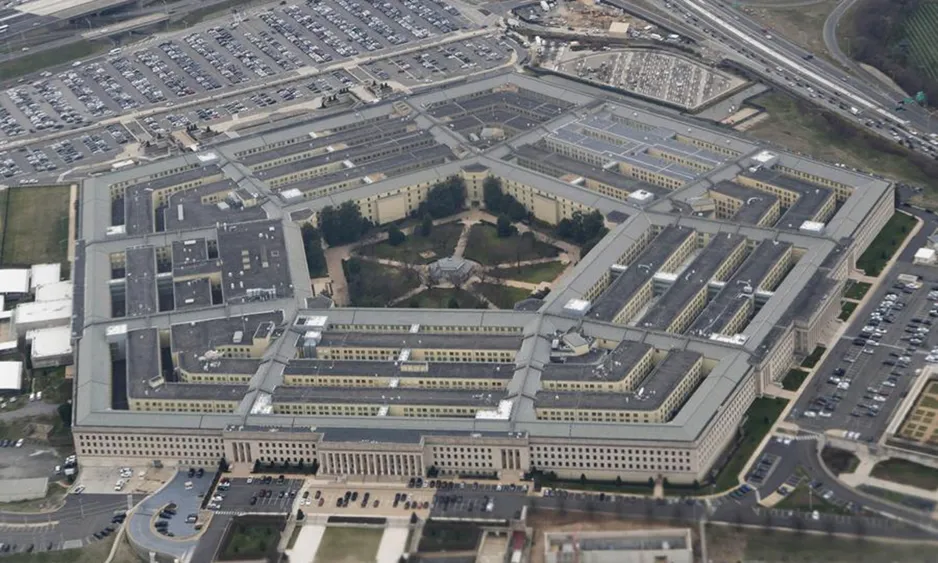Pentagon Probes Microsoft’s Use of Chinese Engineers for Military Tech

The Pentagon's decision to review Microsoft's employment of Chinese engineers has sparked significant concerns regarding the broader ramifications of U.S.-China technology collaborations, particularly within the context of escalating cybersecurity fears.
U.S. Defense Secretary Pete Hegseth announced a two-week examination aimed at confirming that engineers based in China are not associated with any cloud service contracts within the Department of Defense, highlighting the administration's intensifying scrutiny of foreign involvement in national security.
This review was prompted by a ProPublica report that raised alarms about the potential cybersecurity risks stemming from the U.S. Defense Department’s reliance on Microsoft engineers located in China. The concern was amplified by a U.S. Senator, who urged the Pentagon to take action.
Experts have expressed that the latest restrictions by the U.S. government are indicative of a deeper anxiety regarding China’s rapidly advancing technological landscape, as noted by telecom industry specialist Xiang Ligang.
Xiang further commented on the broader implications of U.S. initiatives such as banning Chinese technologies and imposing stringent export restrictions, asserting that these measures are unlikely to alleviate America's fears about losing its technological advantage.
The ongoing decoupling and de-risking strategies pursued by the U.S. government have created turbulence for American tech firms like Microsoft, as affirmed by industry analyst Liu Dingding, who observed that Chinese firms often provide superior, cost-effective services.
In light of the Pentagon's announcement, a Microsoft spokesperson affirmed that the company would ensure that no engineering teams based in China would provide technical assistance for Pentagon-related services.
This scrutiny particularly affects Microsoft's Azure cloud services division, which is estimated to contribute over 25 percent of the company’s revenue, as highlighted by CNBC.
Liu also pointed out that the U.S. has routinely employed the specter of unfounded cybersecurity threats to enforce arbitrary limitations on Chinese companies, ultimately disrupting business operations and negatively impacting U.S. enterprises.
In response to meeting the Defense Department's guidelines that require individuals managing sensitive data to be U.S. citizens or residents, Microsoft has implemented a global workforce strategy known as the 'digital escort' program.
Critics, including ProPublica, claim that these digital escorts often lack sufficient technical expertise, arguing that real oversight should come from seasoned engineers with advanced skill sets.
Pradeep Nair, a former Microsoft vice president and pioneer behind the digital escort concept, defended the program, explaining that escorts undergo extensive training and are supported by multiple safeguards to monitor system activity and alert to potential issues.
In a broader diplomatic context, the Chinese Foreign Ministry has consistently rejected U.S. accusations of cybersecurity threats, reiterating calls for the U.S. to cease its baseless claims and attacks against China.
Read These Next

Guangxi Water Resources Department Initiates Flood Emergency Response
Typhoon No. 6 "Weipa" will bring heavy rain to Guangxi. A flood prevention response was launched on July 20 for safety.

Strategic Partnerships and Future Risks in Today's Market
This analysis examines the company's strategic partnerships, production expansions, revenue diversification, and associated risks based on its annual report.

Investing in Space: Market Launches Ahead
A commentary on the recent surge in space sector investments, analyzing market dynamics, forces driving growth, and implications for stakeholders.
